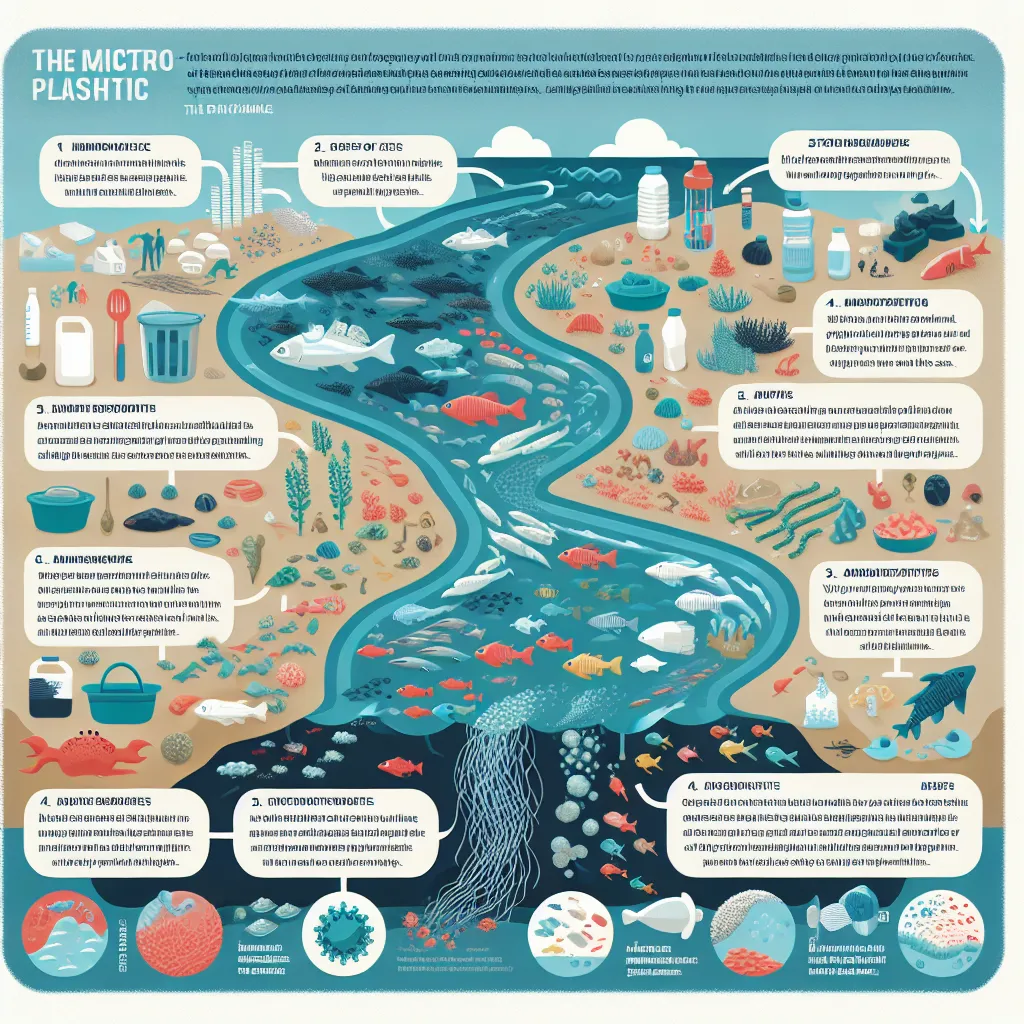Environmental issues are becoming increasingly prevalent in IELTS Speaking tests, reflecting their global importance. This topic allows examiners to assess candidates’ awareness of current affairs and their ability to articulate complex ideas. Let’s explore how to effectively tackle this subject and achieve a high band score.
Nội dung bài viết
- Part 1: Introduction and Interview
- Question: Are you interested in environmental issues?
- Question: What do you think is the biggest environmental problem in your country?
- Part 2: Long Turn
- Sample Answer (Band 6-7):
- Sample Answer (Band 8-9):
- Follow-up Questions:
- Part 3: Two-way Discussion
- Question: How do you think environmental issues will affect future generations?
- Question: Do you think international cooperation is necessary to solve environmental problems?
- Key Vocabulary and Phrases for High Scores
- Examiner’s Advice
Part 1: Introduction and Interview
In this section, the examiner may ask general questions about environmental issues. Here are some possible questions and sample answers:
Question: Are you interested in environmental issues?
Band 6-7 Answer:
Yes, I am quite interested in environmental issues. I try to stay informed about the main problems affecting our planet, like climate change and pollution. I think it’s important for everyone to be aware of these issues.
Band 8-9 Answer:
Absolutely. I’m deeply concerned about environmental issues and make a conscious effort to stay informed. I regularly read scientific articles and follow environmental organizations on social media to keep abreast of the latest developments in climate change, biodiversity loss, and pollution. I believe it’s crucial for everyone to be environmentally literate in today’s world.
Question: What do you think is the biggest environmental problem in your country?
Band 6-7 Answer:
I think the biggest environmental problem in my country is air pollution. Many cities have high levels of smog, which is harmful to people’s health. It’s mainly caused by vehicle emissions and industrial activities.
Band 8-9 Answer:
In my opinion, the most pressing environmental issue in my country is the rapid deforestation of our rainforests. This has far-reaching consequences, including loss of biodiversity, increased carbon emissions, and disruption of indigenous communities. The problem is exacerbated by illegal logging and the expansion of agricultural land for palm oil production. It’s a complex issue that requires immediate and multifaceted solutions.
Part 2: Long Turn
Here’s a sample cue card related to the topic:
Describe a recent environmental issue in your country
You should say:
- What the issue is
- When you became aware of it
- How it affects people and the environment
- And explain what you think should be done about it
Sample Answer (Band 6-7):
The environmental issue I’d like to talk about is the problem of plastic pollution in our rivers and oceans. I became aware of this issue about two years ago when I saw a news report about it on TV.
This problem affects people and the environment in several ways. Firstly, plastic waste in our waterways harms marine life. Many animals mistake plastic for food and end up dying after eating it. Secondly, it affects human health because microplastics enter our food chain through the fish we eat. Lastly, it damages the beauty of our beaches and coastal areas, which impacts tourism.
I think several things should be done to address this issue. The government should implement stricter regulations on plastic use, especially single-use plastics. Companies should be encouraged to use more environmentally friendly packaging. Additionally, there should be more public education campaigns to raise awareness about the dangers of plastic pollution and teach people how to reduce their plastic use.
Sample Answer (Band 8-9):
I’d like to discuss the alarming issue of microplastic pollution in our waterways, which has recently come to the forefront of environmental concerns in my country. I became acutely aware of this problem about 18 months ago when I attended a seminar on marine ecology at my university.
The ramifications of this issue are far-reaching and multifaceted. Primarily, it poses a severe threat to marine ecosystems. Microplastics are ingested by marine organisms, from plankton to large predators, leading to malnutrition, reproductive issues, and even death. This disruption of the food chain has cascading effects throughout the entire marine ecosystem. Moreover, these microplastics eventually make their way into the human food chain, potentially causing health issues that we’re only beginning to understand. The aesthetic degradation of our coastal areas is another significant concern, impacting tourism and local economies.
To address this issue, I believe we need a comprehensive and multi-pronged approach. Firstly, there’s an urgent need for more stringent legislation to regulate the production and disposal of plastics, particularly single-use items. We should incentivize businesses to adopt eco-friendly alternatives and implement extended producer responsibility programs. Secondly, substantial investment in research and development of biodegradable materials is crucial. Thirdly, we need to bolster our waste management infrastructure, particularly in developing effective microplastic filtration systems for wastewater treatment plants. Lastly, but perhaps most importantly, we need to foster a cultural shift through extensive public education campaigns. These should not only raise awareness about the issue but also empower individuals with practical strategies to reduce their plastic footprint.
 Microplastic pollution in waterways
Microplastic pollution in waterways
Follow-up Questions:
- How has this environmental issue changed over time?
- What role do you think individuals can play in addressing this problem?
Band 6-7 Answer:
The issue of plastic pollution has gotten worse over time because we’re producing and using more plastic than ever before. I think individuals can help by using fewer plastic products and recycling more.
Band 8-9 Answer:
The issue of microplastic pollution has escalated dramatically in recent decades, paralleling the exponential increase in plastic production and consumption. What was once a localized problem has now become a global crisis, with microplastics found in the most remote parts of our oceans and even in Arctic ice.
Individuals can play a crucial role in addressing this issue. Beyond the obvious steps of reducing plastic use and proper recycling, people can become advocates for change. This could involve supporting businesses that use sustainable packaging, participating in local clean-up initiatives, and pressuring policymakers to implement stricter regulations. Moreover, individuals can educate themselves about the hidden sources of microplastics, such as synthetic clothing fibers, and make informed choices to minimize their personal contribution to the problem.
Part 3: Two-way Discussion
Question: How do you think environmental issues will affect future generations?
Band 6-7 Answer:
I think environmental issues will have a big impact on future generations. They might face more extreme weather events due to climate change, and they might have to deal with the consequences of pollution and resource depletion. It’s likely that they’ll need to find new ways to live more sustainably.
Band 8-9 Answer:
The impact of current environmental issues on future generations is likely to be profound and multifaceted. Firstly, climate change could lead to more frequent and severe natural disasters, forcing mass migrations and potentially causing geopolitical instability. Secondly, biodiversity loss may result in ecosystem collapse, affecting food security and the discovery of new medicines. The depletion of natural resources could necessitate a radical shift in consumption patterns and energy production.
However, it’s not all doom and gloom. These challenges may also spur innovation in clean technologies and sustainable practices. Future generations might develop more symbiotic relationships with nature, creating circular economies and revolutionizing urban planning. The key will be how effectively we can mitigate current issues and adapt to the changes already set in motion.
Question: Do you think international cooperation is necessary to solve environmental problems?
Band 6-7 Answer:
Yes, I think international cooperation is very important for solving environmental problems. Many issues, like climate change and ocean pollution, affect the whole world, not just one country. Countries need to work together to find solutions and implement them globally.
Band 8-9 Answer:
International cooperation is not just necessary, but absolutely crucial in addressing global environmental challenges. The nature of these issues often transcends national boundaries, making unilateral actions insufficient. For instance, climate change, biodiversity loss, and ocean acidification are problems that require a concerted global effort.
Moreover, international cooperation allows for the pooling of resources, both financial and intellectual. This can lead to more robust research, faster technological advancements, and more effective implementation of solutions. It also helps in setting global standards and targets, such as the Paris Agreement, which provide a framework for collective action.
However, it’s important to note that international cooperation should not overshadow the importance of local and national initiatives. A multi-level approach, where global agreements are complemented by regional, national, and local actions, is likely to be most effective in tackling these complex environmental issues.
Key Vocabulary and Phrases for High Scores
-
Biodiversity /ˌbaɪəʊdaɪˈvɜːsəti/ (noun): the variety of plant and animal life in the world or in a particular habitat.
Example: The destruction of the rainforest is threatening biodiversity in the region. -
Ecosystem /ˈiːkəʊˌsɪstəm/ (noun): a biological community of interacting organisms and their physical environment.
Example: Coral reefs are delicate ecosystems that are highly sensitive to changes in ocean temperature. -
Sustainability /səˌsteɪnəˈbɪləti/ (noun): the ability to maintain at a certain rate or level; avoidance of the depletion of natural resources in order to maintain an ecological balance.
Example: Many companies are now focusing on sustainability in their business practices. -
Carbon footprint /ˈkɑːbən ˈfʊtprɪnt/ (noun): the amount of carbon dioxide and other carbon compounds emitted due to the consumption of fossil fuels by a particular person, group, etc.
Example: We can reduce our carbon footprint by using public transportation instead of private cars. -
Renewable energy /rɪˈnjuːəbəl ˈenədʒi/ (noun): energy from a source that is not depleted when used, such as wind or solar power.
Example: The government is investing heavily in renewable energy sources to reduce dependency on fossil fuels.
Examiner’s Advice
To achieve a high score in the IELTS Speaking test when discussing environmental issues:
- Stay informed about current environmental issues, both globally and in your country.
- Practice expressing your opinions clearly and supporting them with relevant examples.
- Use a range of advanced vocabulary related to the environment, but ensure you use it accurately.
- Develop your ideas fully, showing your ability to analyze complex issues from different perspectives.
- Work on your fluency by regularly discussing environmental topics with others or recording yourself speaking about these issues.
Remember, the key to success in the IELTS Speaking test is not just what you say, but how you say it. Aim for clarity, coherence, and confidence in your delivery.
For more tips on improving your IELTS Speaking skills, you might find our article on how to describe a person who inspired you to focus on sustainability helpful. It provides additional insights into discussing environmental topics effectively.


